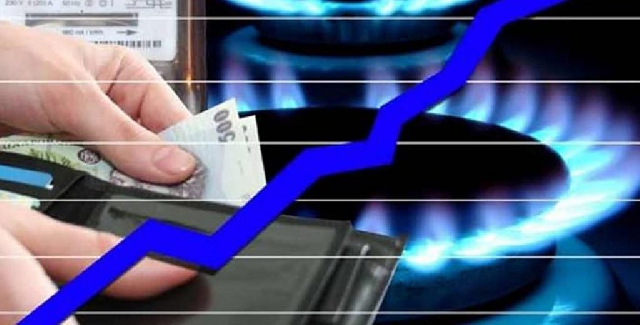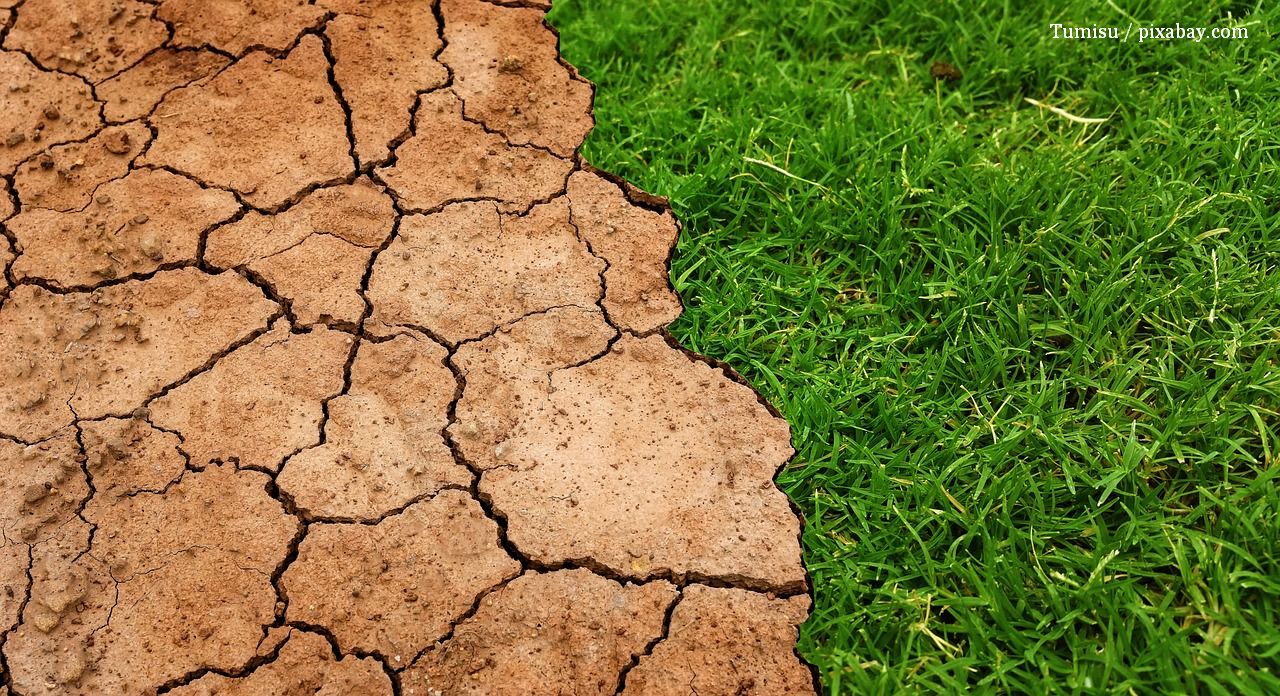Overlapping Crises Globally
The pandemic has been one of the triggering events of global economic uncertainty and vulnerability

Corina Cristea, 09.06.2023, 14:00
The pandemic has been one of the triggering events of global economic uncertainty and vulnerability in recent years, putting pressure on public finances and prompting a redefinition of policy priorities. The situation was further aggravated by the war started by the Russian Federation in Ukraine, which, in addition to the tragedy for the Ukrainians, generated new economic problems. Inflation has soared, hitting economies that were showing signs of recovering from the pandemic. Purchasing power has decreased, employees are trying to get politicians to increase their incomes through strikes, and politicians in turn are looking for solutions to bring more money to the budget. Invited to Radio Romania, journalist Lidia Moise, specialized in economic issues, made an analysis of the current situation, marked by overlapping crises.
First of all, we still have the effects of the pandemic. Duringthe pandemic, all the states of the world borrowed money in order to resist to resist, to help their businesses, to help people, who were forced to stay at home. This was money that all states borrowed, and which increased their budget deficits. It was apparently good for Romania, in a certain sense, because it got over the situation it already had with an excessive deficit more easily. The effect of the pandemic was also the maintenance of interest rates at a very low level by central banks. After that, we have inflation, obviously, we have very high prices. Maybe I should have put the war in Ukraine in second place, that’s where we get a lot of problems in the economy. Russia used economic blackmail with its gas, closed the tap, gave out less, made it more expensive, and in the end gave this gas to whom it wanted and at what price it wanted. In the end, this game did not entirely work out for them, because the Americans rushed to supplement the amount of liquefied gas they send to the Europeans, as well as to Maghreb countries, which normally delivered fuel to Italy and France, but it created a very high pressure and huge inflation, which we are also feeling now, and which we will have a hard time getting out of.
Another crisis is that of supply chain disruptions for goods and raw materials and components, analyst says, but also the climate crisis – a crisis that forces states and companies to review their attitude in terms of financing, in polluting investments or non-polluting. And now there is some hesitation, Lidia Moise remarks:
Hesitation that we see even given this energy crisis. For example, there is the question of whether Americans, American companies, should start reinvesting in shale gas, because it is not known for how long they can do this work, and the investments are not very small, they are significant investments that must be recovered in the end . Then we have a crisis that we saw in the US, the banking crisis, which we also saw early on in Europe, in Switzerland, the problems that Deutsche Bank had. The last crisis showed us that despite the feeling that the politicians, Europeans mainly, not the economists, but the politicians, that what happens in America stays in America, it’s their problem, I mean the year 2008, with the collapse of Lehman Brothers, it showed that, in the end, it was an extremely rapid contamination. So, we are in overlapping crises, polycrises, which are pressing on all economies.
As far as Romania is concerned, despite the difficult context, it still manages to be stable, also benefiting from considerable funds coming through the NPRR, says Lidia Moise:
Romania has stabilized, Romania is not in crisis at the moment. And it would be great if they managed to maintain this balance. Think of the fact that there are crises all around us. I will give you the example of Poland, which went through a technical recession last year, and managed to show very small growth at the end of the year. I’ll give you the example of Hungary, which has a very high inflation, 20%, they didn’t manage to move their economy either. It is a very interesting moment, it is a moment when we have around us, in Europe and in the world, a series of polycrises. I counted seven crises. Germany also experienced an extremely tough situation after the First World War. In fact, there were also the effects of the Spanish flu pandemic, which certainly left some effects on the population’s health, its ability to resist, etc., and of the states that had to suffer some extra expenses. There was hyperinflation in Germany. Then we had the bank crash, the stock market crash in 1929-1930. Before the Second World War, we also had a number of crises that affected the European states and the USA, but especially European states, and which, in the end, unfortunately, resulted in a strengthening of dictatorships, of sovereign nationalism.
This ultimately led to what we all learned in history was a disaster and its subsequent negative effects, Lidia Moise recalls – the emergence of fascism, the Second World War, and then the forced installation of communism throughout Central and Eastern Europe.






























